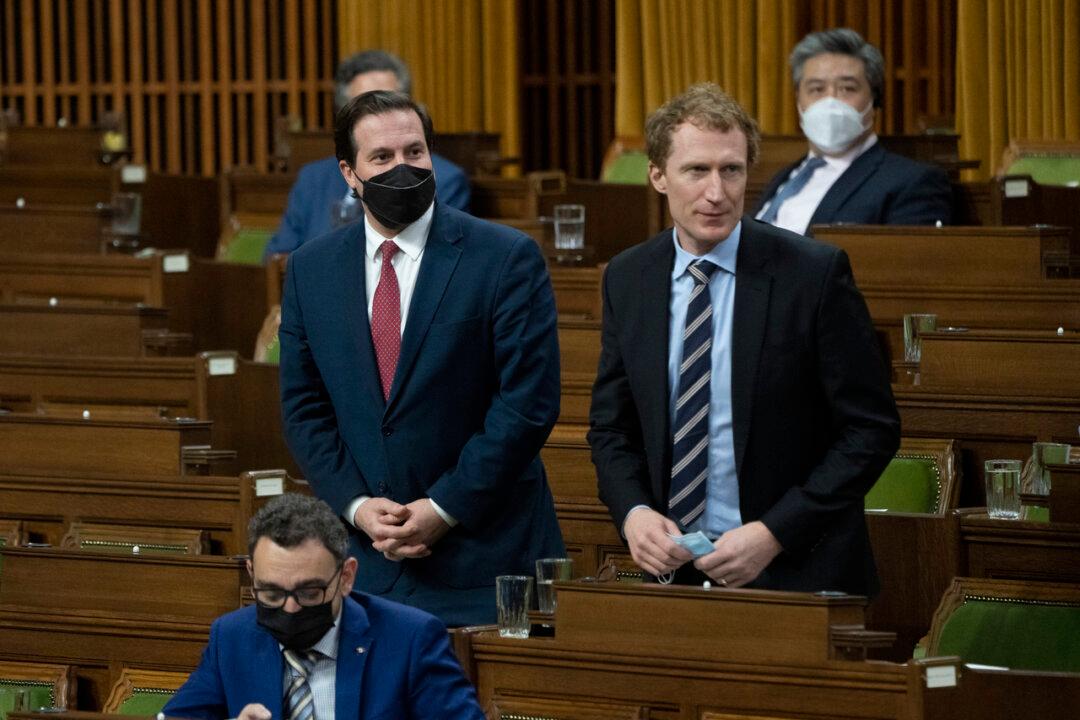A Canadian civil liberties group said it is “disappointed” with the Liberal government’s move to make voting on the use of the Emergencies Act a matter of confidence.
“We are deeply disappointed the government chose to make tonight’s vote a matter of confidence. This morning, we asked the government to revoke the emergency declaration and barring that, to at minimum commit to a free vote in Parliament,” the Canadian Civil Liberties Association (CCLA) said on Twitter on Feb. 21.





